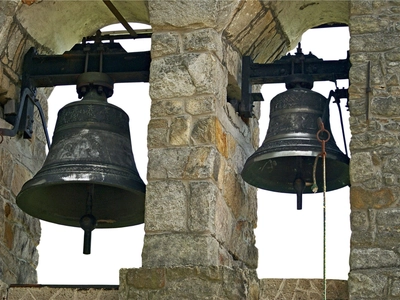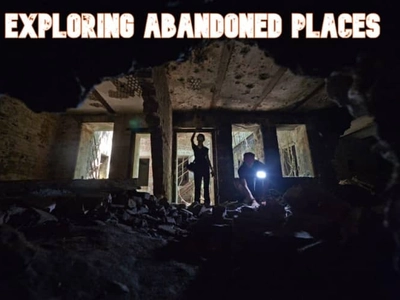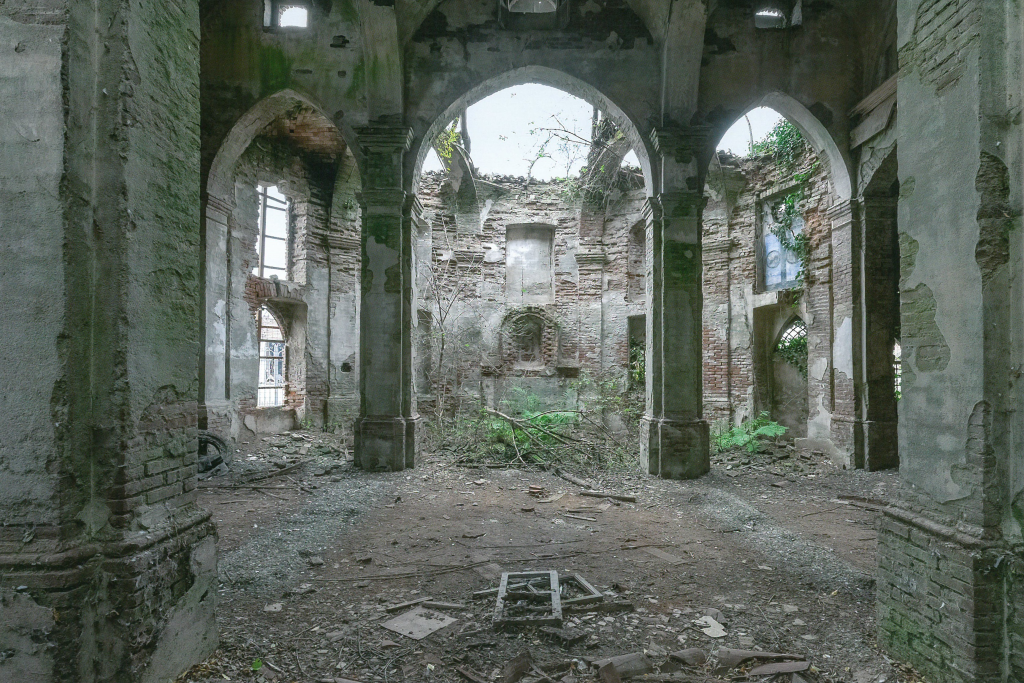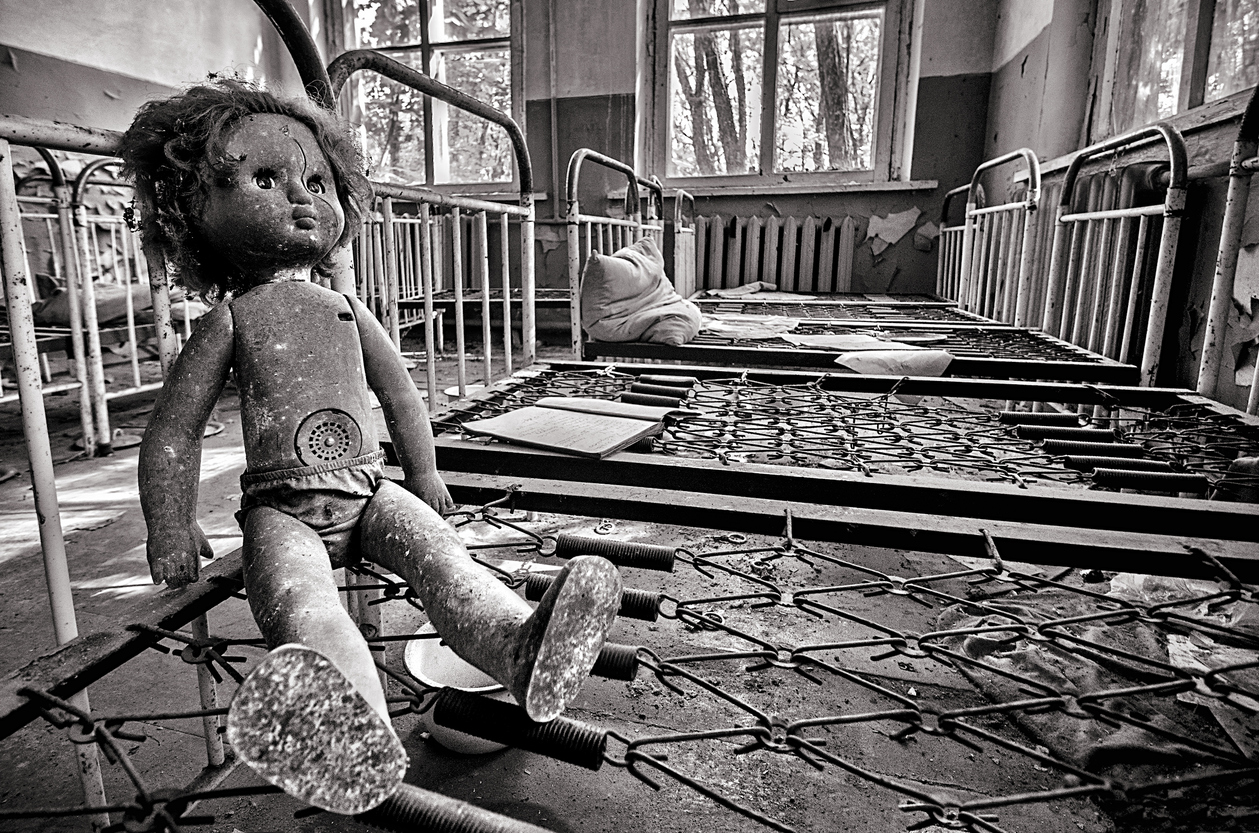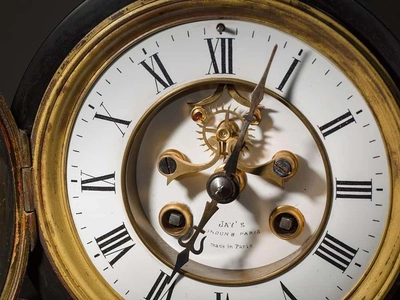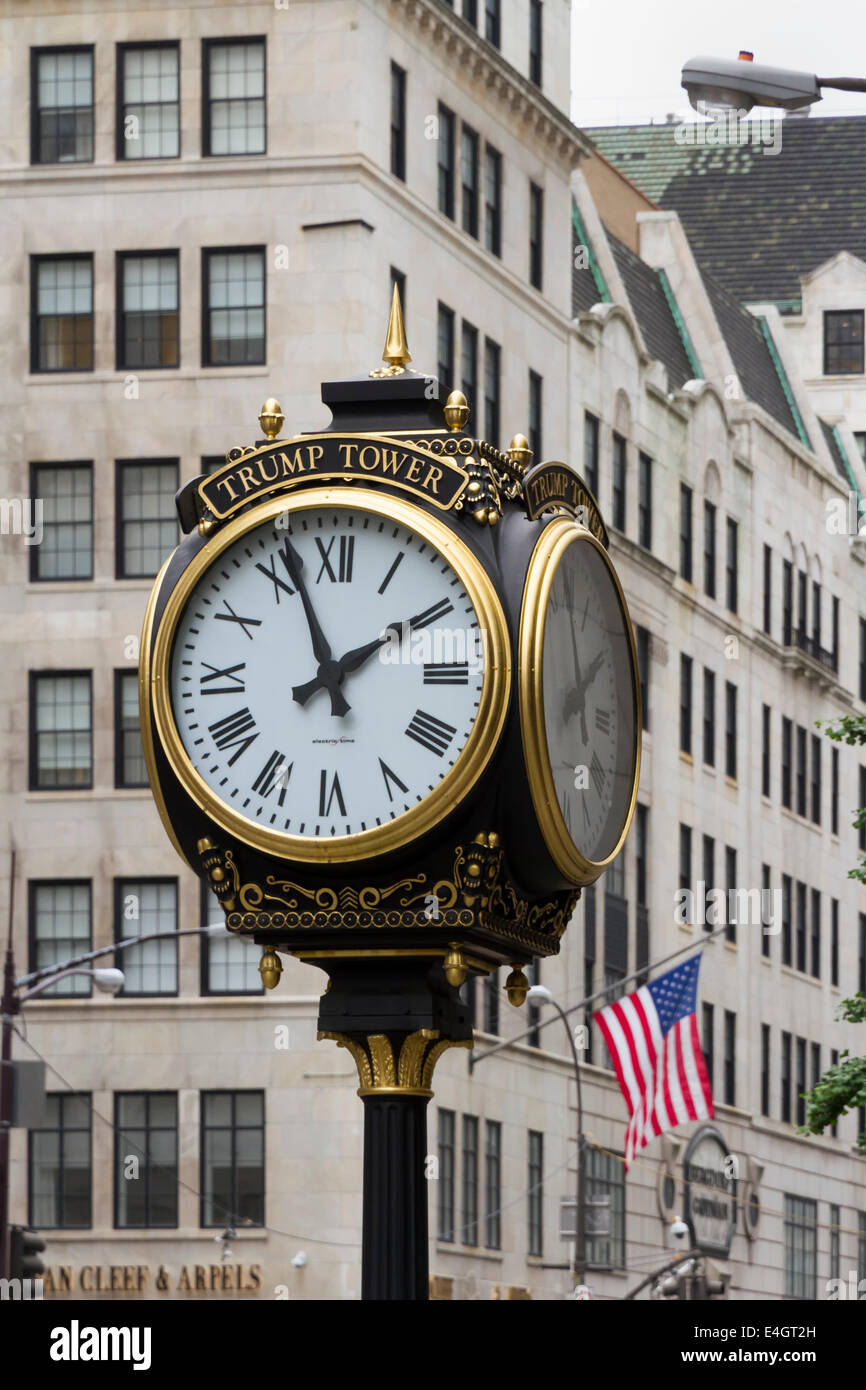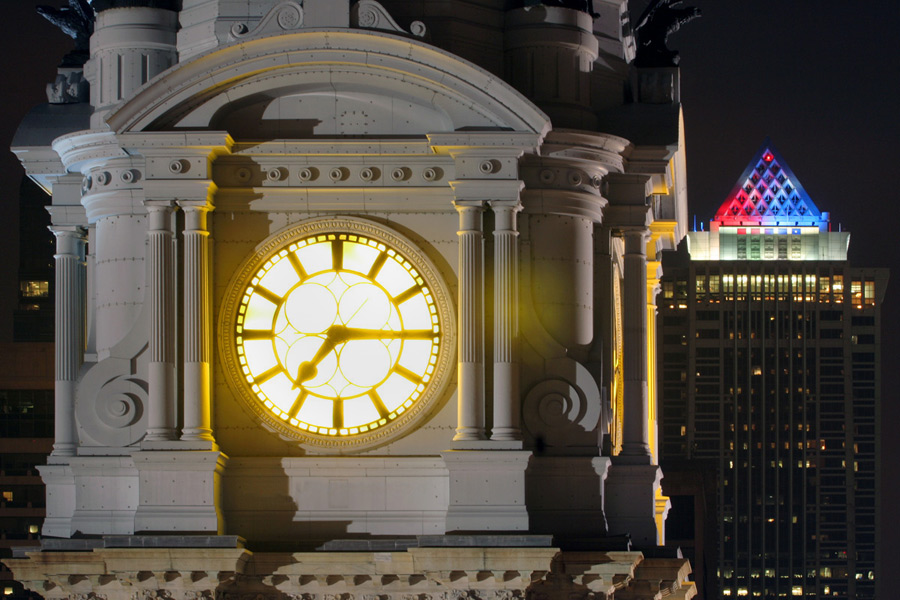The Silent Revolution: What Really Happens When Your Town's Church Bells Stop Ringing Forever
Something profound is happening in towns across America, and most people haven't even noticed. The sounds that once anchored our communities—church bells, town criers, factory whistles—are disappearing one by one. And with them, we're losing more than just noise. We're losing our collective soul.
The church bell that rang for 127 years didn't die in a dramatic moment. It was quietly murdered by a single phrase: "times change." But did they really? Or did we just stop caring about the things that once made us feel connected to something bigger than ourselves?
The War on Familiar Sounds
Across the country, historic churches are being forced to silence their bells after decades—sometimes centuries—of tradition. In West Yorkshire, England, St. Michael's Church was ordered to stop ringing its bells after 177 years because of noise complaints. In Lincolnshire, a single new resident complained about hourly chimes that had marked time for generations.
The pattern is always the same: One person complains. Officials cave. Tradition dies.
But here's what nobody talks about: these aren't just bells being silenced. They're the heartbeat of communities being stopped forever.
What We Really Lost
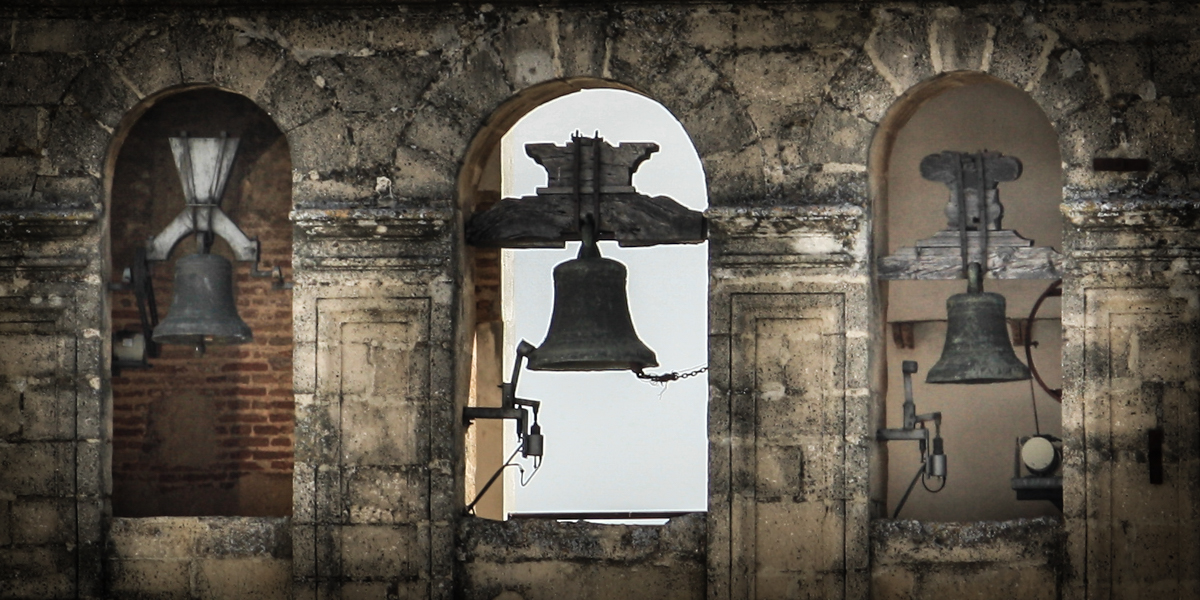
When that church bell stopped ringing, something shifted in the collective unconscious of your town. Sunday mornings feel different now because they ARE different. The bell wasn't just marking time—it was creating a shared experience that connected everyone within earshot.
Research shows that soundscapes have profound psychological effects on communities. The familiar sounds of our environment don't just provide comfort; they create identity. They're the audio threads that weave the fabric of belonging.
Think about it: How many times did that bell ring during your childhood? How many Sunday mornings did it call people to worship, mark celebrations, or toll for the departed? It wasn't just sound—it was the voice of your community's history.
The Convenience Trap
We've been sold a lie that convenience equals progress. That anything requiring effort, tradition, or—God forbid—a little noise is automatically outdated. We've become a society that values the comfort of newcomers over the heritage of generations.
But here's the uncomfortable truth: Some things are worth preserving precisely because they're inconvenient. Because they demand we acknowledge something beyond our individual preferences. Because they remind us that we're part of something larger than ourselves.
The pastor who said "times change" wasn't wrong—but he was weak. Times don't change traditions; people abandon them. And once they're gone, they're gone forever.
The Silence Speaks Volumes
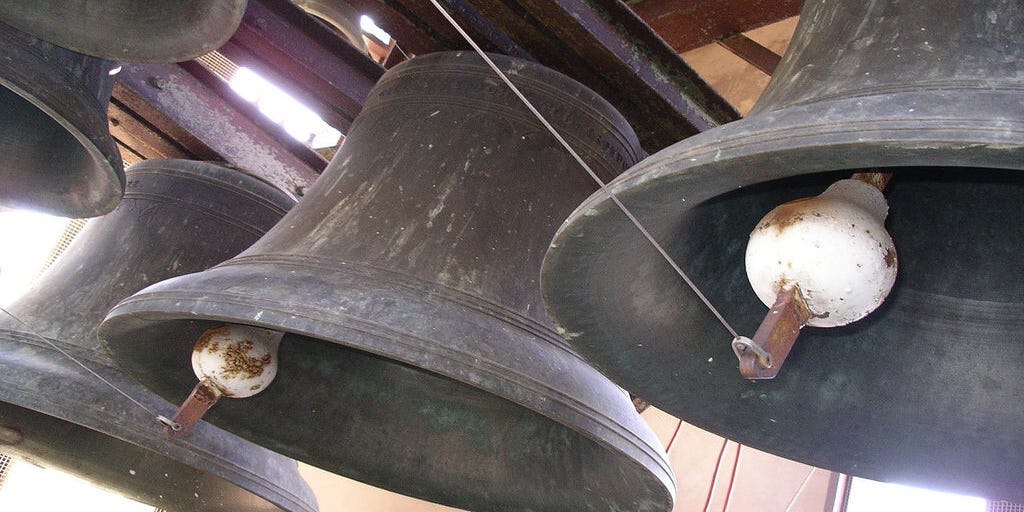
That empty feeling you get on Sunday mornings now? That's not nostalgia—it's grief. You're mourning the loss of something that helped define your community's rhythm and character. The bell didn't just ring; it connected past to present, marking time in a way that digital clocks never could.
Every Sunday morning, that silence is a reminder that we chose comfort over culture, individual preference over collective memory. We traded the voice of our ancestors for the quiet demanded by people who never heard the bell as anything more than noise.
The Real Question
So here's what we need to ask ourselves: What else are we willing to lose in the name of "times change"? What other threads of community are we quietly cutting because someone finds them inconvenient?
The church bell that rang for 127 years didn't just mark time—it marked a community's commitment to something eternal. Its silence isn't just the absence of sound; it's the presence of surrender.
Some things shouldn't change just because times do. Some traditions deserve to be fought for, not quietly abandoned. And some sounds—the ones that have marked our communities for generations—deserve to ring out until the very last person who remembers their meaning draws their final breath.
The question isn't whether times change. The question is: Are we changing with them, or are we letting them change us into something we never meant to become?
That silence on Sunday mornings isn't just the absence of bells. It's the sound of a community forgetting who it used to be.
